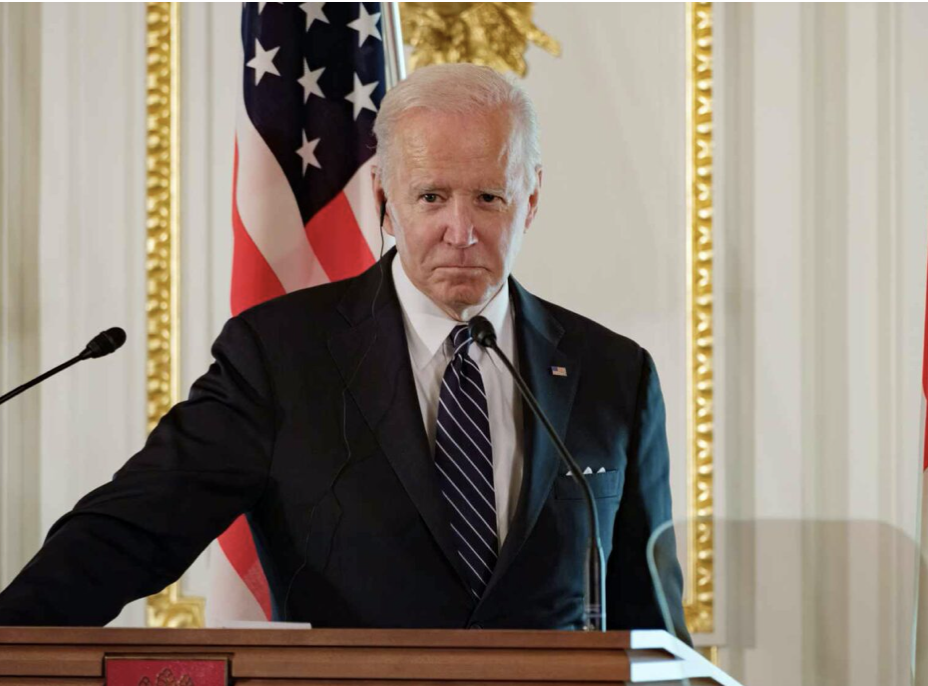By:
Mr. Biden’s inability to decide is reminiscent of Barack Obama, who was famous for long periods of indecision, particularly on what to do about Afghanistan in 2009. Former Vice President Dick Cheney accused Mr. Obama of “dithering” on this question. Mr. Biden shared this view of his former boss. “I thought he was deliberate to a fault,” the future president wrote in “Promise Me, Dad,” his 2017 memoir. “ ‘Just trust your instincts, Mr. President,’ I would say to him. On major decisions that had to be made fast, I had learned over the years, a president was never going to have more than about 70 percent of the information needed.”
The 70% figure might have come from Mr. Biden’s decades in Washington, but it more likely came from Colin Powell. Powell had a 40/70 doctrine for senior leader decision-making, which held that if you make a decision with only 40% of the information, you are making it prematurely, but if you still haven’t decided by the time you have 70% of the information, you are no longer in control of events.
Decision-making is an essential demand of the presidency, and some presidents—including some of Mr. Biden’s most prominent Democratic predecessors—were especially good at it. When reporter John Gunther asked Eleanor Roosevelt, “How does your husband think?” she replied: “My dear Mr. Gunther, the president never thinks. He decides.”
Harry S. Truman may hold the record for most tough calls in a presidential administration. Four months into his term, he faced the decision of whether to drop the atomic bomb on Japan, though he’d never even heard of the weapon while serving as vice president.
He also had to make a tough call to pursue Operation Vittles, which created the Berlin airlift and allowed West Berlin to remain a free city. Add to that hard choices on whether to recognize Israel in the face of opposition from his top advisers, to defend South Korea from a North Korean invasion, and to remove the popular Gen. Douglas MacArthur.
Lyndon B. Johnson admired Truman’s decision-making ability. Doris Kearns Goodwin quoted him: “You know the great thing about Truman is that once he makes up his mind about something—anything, including the A bomb—he never looks back and asks ‘Should I have done it? Oh! Should I have done it?’ No, he just knows he made up his mind as best he could and that’s that.”
Johnson, who faced his own share of difficult decisions over Vietnam, made this observation somewhat wistfully, recognizing that he lacked Truman’s ability to decide and move on. “I wish I had some of that quality, for there’s nothing worse than going back over a decision made, retracing the steps that led to it, and imagining what it’d be like if you took another turn,” Johnson said. “It can drive you crazy.”
Decisiveness is an essential quality for all leaders. But presidential decisions are different. They can be made only by the person at the top, and they can have enormous implications with historical importance. They are also lonely decisions. Aides can advise, but ultimately the decision is on the leader. Credit, blame or both will fall on the person in charge. As Mr. Biden is learning, it isn’t an easy challenge, but something effective leaders must do.
To see this article and subscribe to others like it, choose to read more.
 Listen Online
Listen Online Watch Online
Watch Online Find a Station in Your Area
Find a Station in Your Area







 Listen Now
Listen Now Watch Online
Watch Online
